Shaping inclusive sport policy and programs
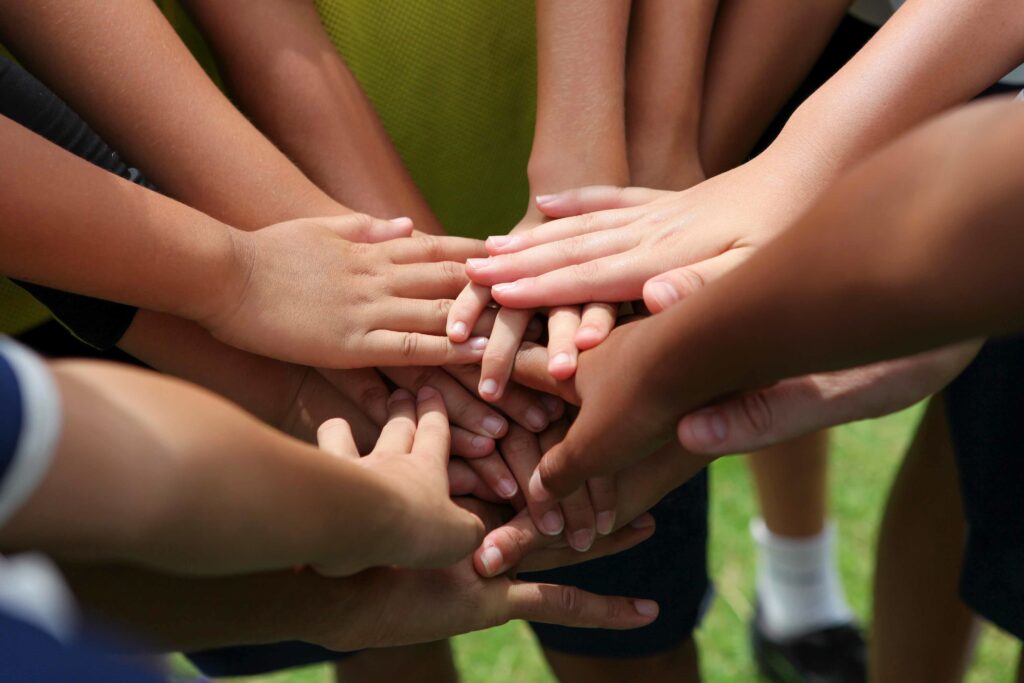
Highlights Over the past few years, the racism and discrimination brought to light throughout society and within the sport sector have forced a necessary reflection on policies and practices. While the concepts of diversity, equity and inclusion were seeded in government policy many decades ago, the context has evolved significantly. Today, these terms have new…
Gold medal governance: Embracing a steward-leader board
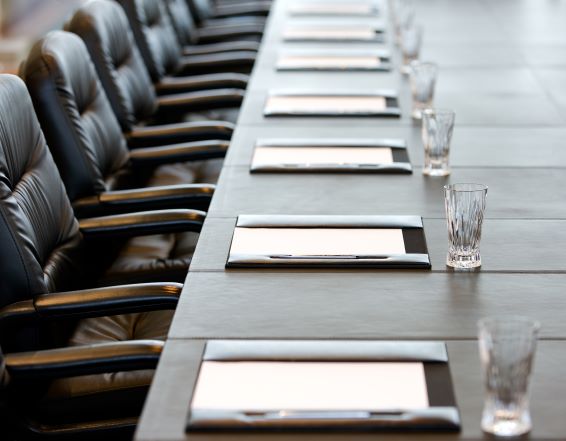
This is the fourth blog post in a series designed to increase sport organizations’ capacity to govern well in an increasingly complex world. Check out the previous posts about the role of the board, strategic foresight and the keys to gold medal governance. — In the first blog that I wrote for the Gold Medal…
Engaging Black community coaches
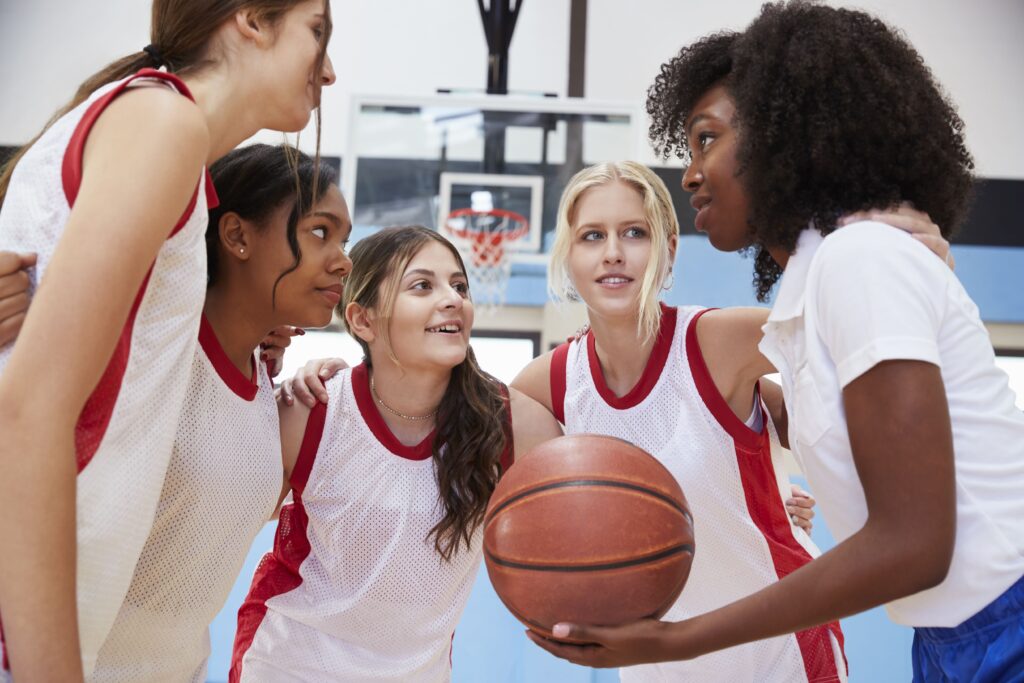
This blog post provides a recap of the third webinar in the 4‑part mini-series Engaging Girls and Women in Sport. SIRC and Canadian Women & Sport co-hosted the mini-series, which you can access or learn more about by visiting our SIRC Expert Webinars page. — Black girls and women face significant hurdles as athletes and…
Using data to plan and deliver programs with gender equity in mind

This blog post recaps the second webinar in the 4‑part Engaging Girls and Women in Sport mini-series. SIRC and Canadian Women & Sport co-hosted the mini-series, which you can access and learn more about by visiting our SIRC Expert Webinars page. — With the rise of big data and analytics, organizations across all industries are…
Hockey for all
“There are reasons why Black, Indigenous, people of colour, persons with disabilities, 2SLGBTQ+ and new Canadians are not picking hockey, and we really needed to hear from these individuals in order to inform and effect positive change,” says Dean Smith, Chair of Hockey Nova Scotia’s Diversity & Inclusion Task Force. More than 800 people weighed…
New True Sport Report sheds light on the potential power of sport in a changing world
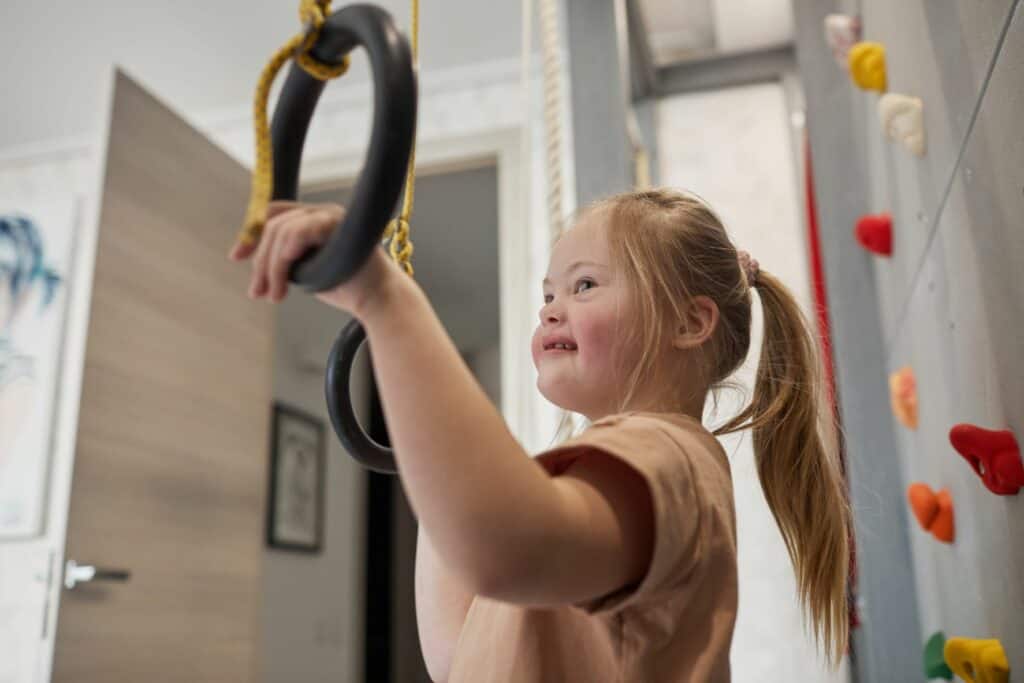
On February 1, the Canadian Centre for Ethics in Sport (CCES) published “Power of Sport: The True Sport Report.” The new publication builds on “What Sport Can Do: The True Sport Report” (2008) that provided conclusive evidence of how good sport can be used intentionally to positively influence a wide range of societal goals. Those…
2021 year in review: How SIRC embraced the “new normal”

After 2020 surprised us all with a global pandemic, many of us looked to 2021 with hope for a gradual return to our pre-pandemic “normal.” And with the widespread rollout and uptake of COVID-19 vaccines across the country, the activities that we put on hold as the pandemic unfolded, from social gatherings to travel, began…
Cultural competence
Culturally competent sport and physical activity program leaders, staff and volunteers are the cornerstone to creating welcoming and inclusive environments for all participants, regardless of their background. Culturally competent individuals are culturally aware, value diversity and align programming with the cultural values of program participants.
Women’s sport coverage
In an analysis of sports news on Twitter, less than 4% of tweets focused on women’s sport. Of the women athletes that were featured, the majority competed in “gender-appropriate” sports. More coverage, and diverse coverage, of women’s sport is needed to challenge gender-related biases and promote gender equity in all forms of sport media.
Considerations for strategic planning in community sport clubs
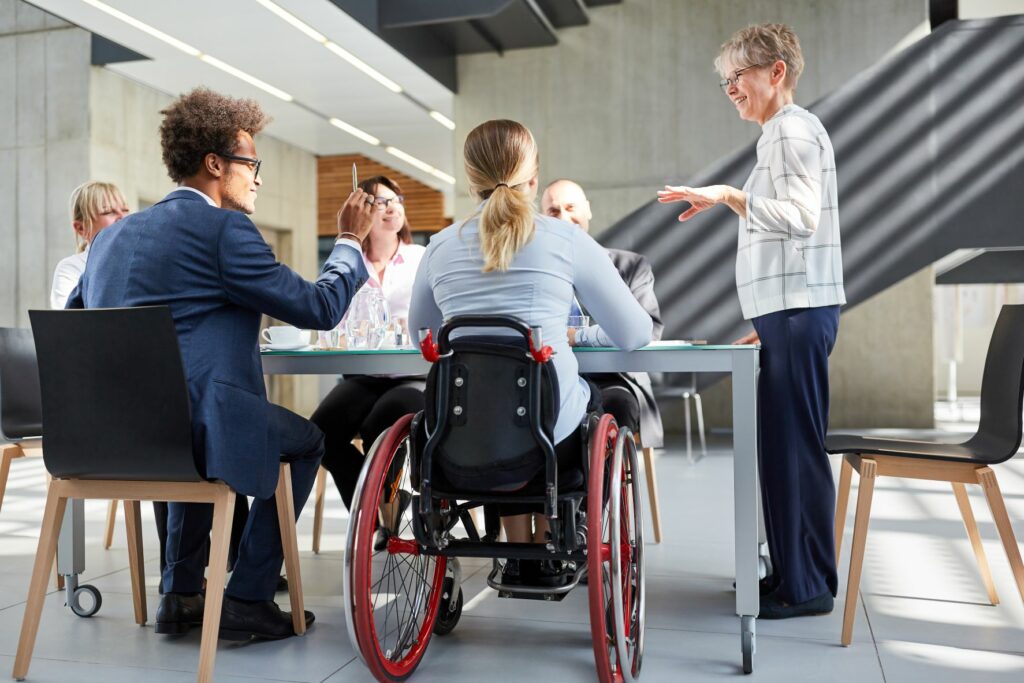
Sport leaders can use strategic planning to help identify their organization’s current position, where it plans to go, and how it intends to get there (O’Brien et al., 2019). Strategic planning has been linked with improved organizational change processes as well as enhanced organizational effectiveness, resilience and performance (for example, Hu et al., 2014; Liao…